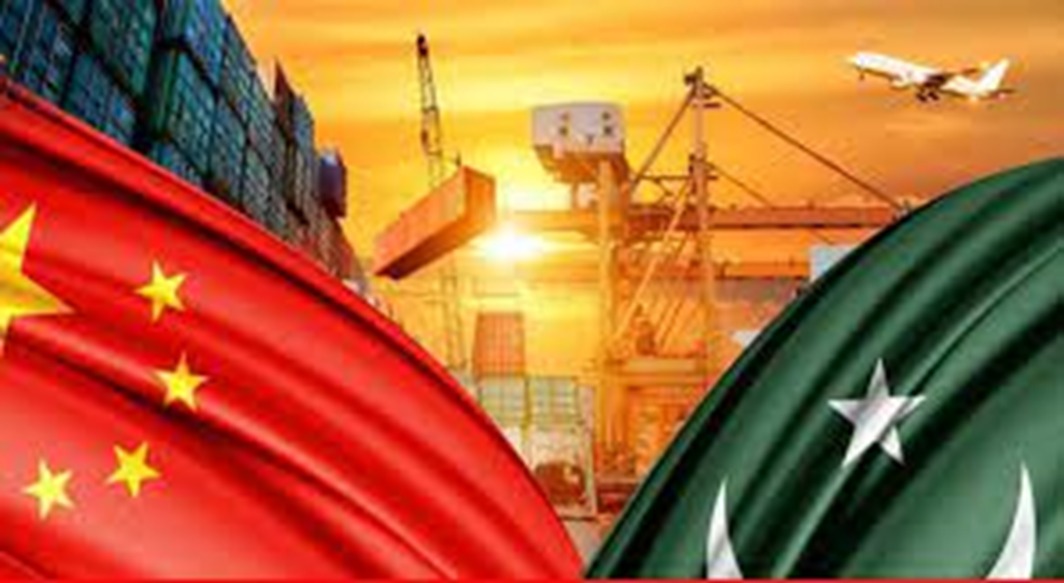ISLAMABAD: China-Pakistan Economic Corridor (CPEC) is a manifestation of economic globalization as it is promoting new growth prospects through free flow of capital, labour, and services.
The CPEC’s spill-over effect from South Asia to Central Asia, Middle East and Europe gives boost to a new wave of globalization. An ambitious initiative has been undertaken for regional economic integration and prosperity. The people of Pakistan feel secure with this investment because China has a long history of reliable relations with Pakistan.
Dr Liaqat Ali Shah, Executive Director and Head of Policy Division at CPEC Authority, said while talking to WealthPK that by broadening its economic relationship with other projects under the Belt and Road Initiative (BRI), Pakistan will secure its benefits from increased integration and improved trade routes and railways through CPEC.
Dr Liaqat said Pakistan has focused mainly on seven areas for expansion of CPEC including industrial development, trade and market access, agriculture modernization, blue economy, regional connectivity, Gwadar City, and poverty alleviation. He said all of the western alignment’s routes pass through rural regions with high poverty rates, scarce employment, and lack of industrial growth and infrastructure.
“These areas would determine CPEC’s economic direction in the coming years. The outcome of these projects will bridge the gap between economic development and higher development, and will bring prosperity to these areas,” he said.
The official said the special economic zones (SEZs) under CPEC would offer Pakistani entrepreneurs and business communities a wider range of business opportunities. He said trade volume has a direct impact on Pakistan’s current account deficit, and trade history shows that the country remained helpless in the balance of payment crisis due to a weak macroeconomic framework.
“Export sector works as an engine of growth of globalization in the present-day world. However, improving Pakistan’s exports will only be possible if traditional and conventional manufacturing processes are given value addition,” he suggested.
Talking about Afghan transit trade, Adnan Khan, Socio-Economic Development Specialist at CPEC, told WealthPK that Pakistan processes a total 700,000 tonnes of cargo for Afghanistan, including 600,000 tonnes at Karachi Port and Port Qasim, and the remaining 100,000 tonnes at Gwadar Port. He said that due to congestion at Karachi Port and Port Qasim, a major part of cargo is diverted towards Iran for processing. “With the completion of Gwadar Port, Pakistan will no longer rely on Iran for its goods processing,” he said.
Federal Minister for Planning, Development, and Special Initiatives Ahsan Iqbal said in a statement that CPEC is specifically beneficial for economic security of Pakistan at a crucial time when the economy was almost stagnant, international sports events were cancelled due to security concerns, foreign direct investment (FDI) was weak, and manufacturing industry was performing slowly. “Despite these challenges, Islamabad and Beijing developed strong ties, which is reflected in the CPEC,” he stated.
The backlash of globalization and increasing economic integration through CPEC signifies that CPEC can work as a promoter of trade relations, market expansion to different regions, and resultantly socio-economic uplift of Pakistan.






